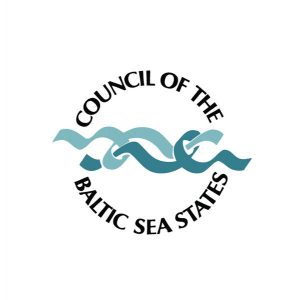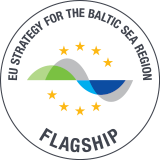Smaller towns and rural communities offer many advantages which cities lack, such as easy access to nature, local traditions and skills, place-based food systems, etc. However, to take full advantage of the rebalancing between the urban and the rural, smaller rural communities need to activate or attract resources and ideas. Here, the Cultural Planning method will come into play.
RurCulturalPlanning will focus on four tasks:
- Anchoring the Cultural Planning method as a policy instrument with relevant policy makers dealing with rural development;
- Transferring the knowledge and methods accumulated and tested in UrbCultural to agents of change in rural areas;
- Adapting the Cultural Planning method to rural BSR typologies by setting up pilot projects (Community Mapping);
- Expanding the BSR network of practitioners based on the Hubs of Excellence created as a result of UrbCulturalPlanning.









